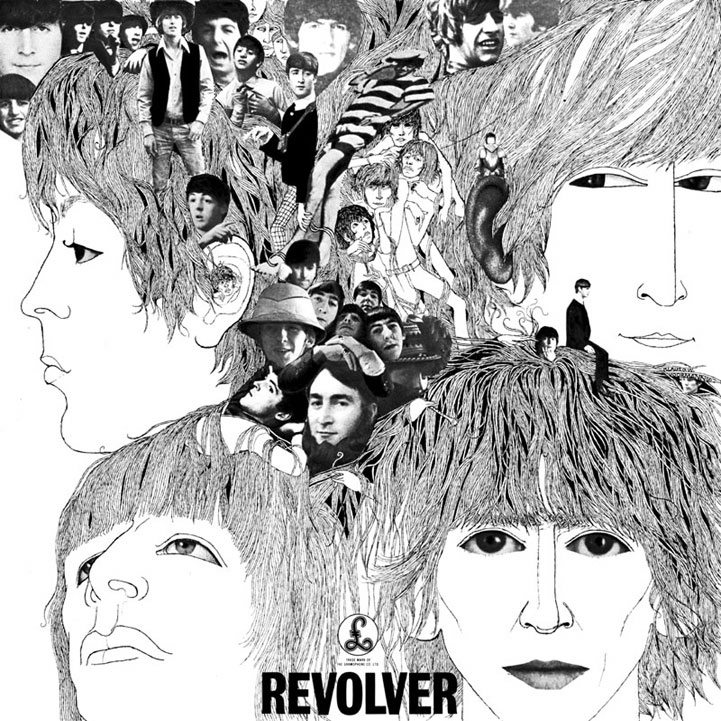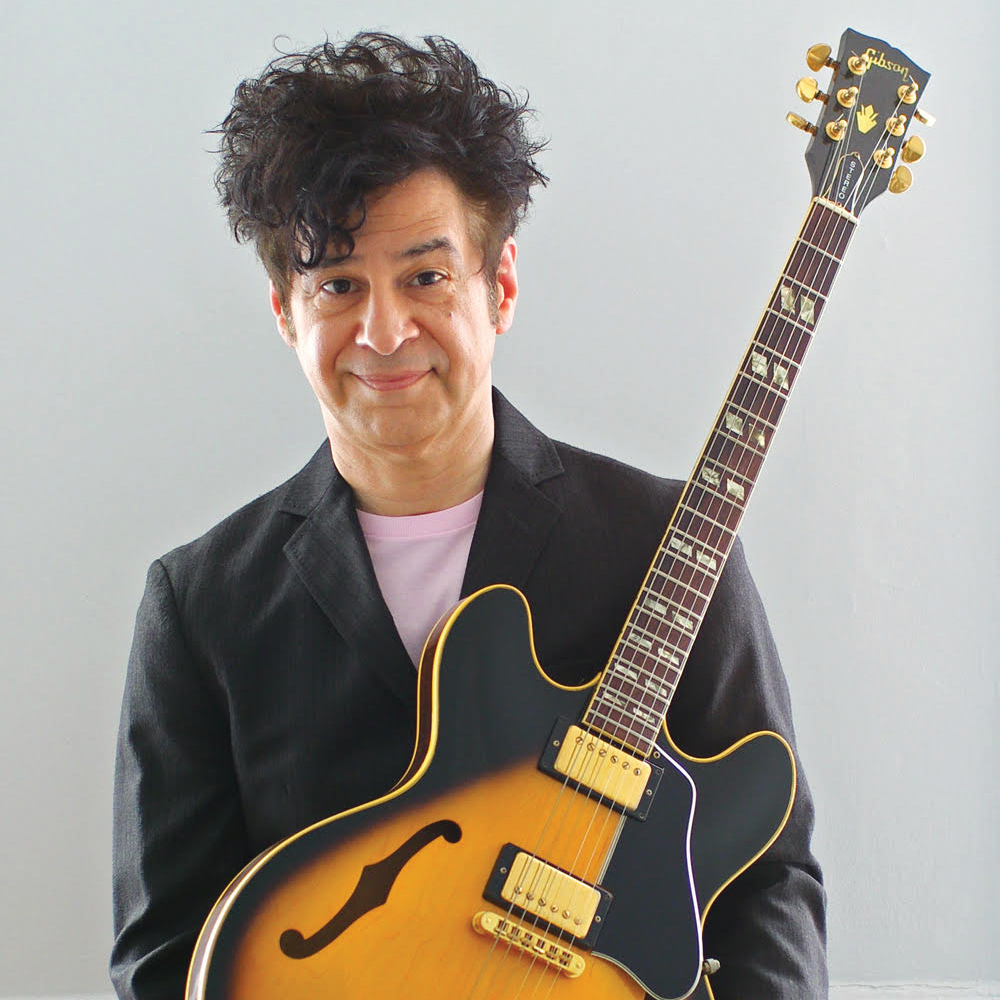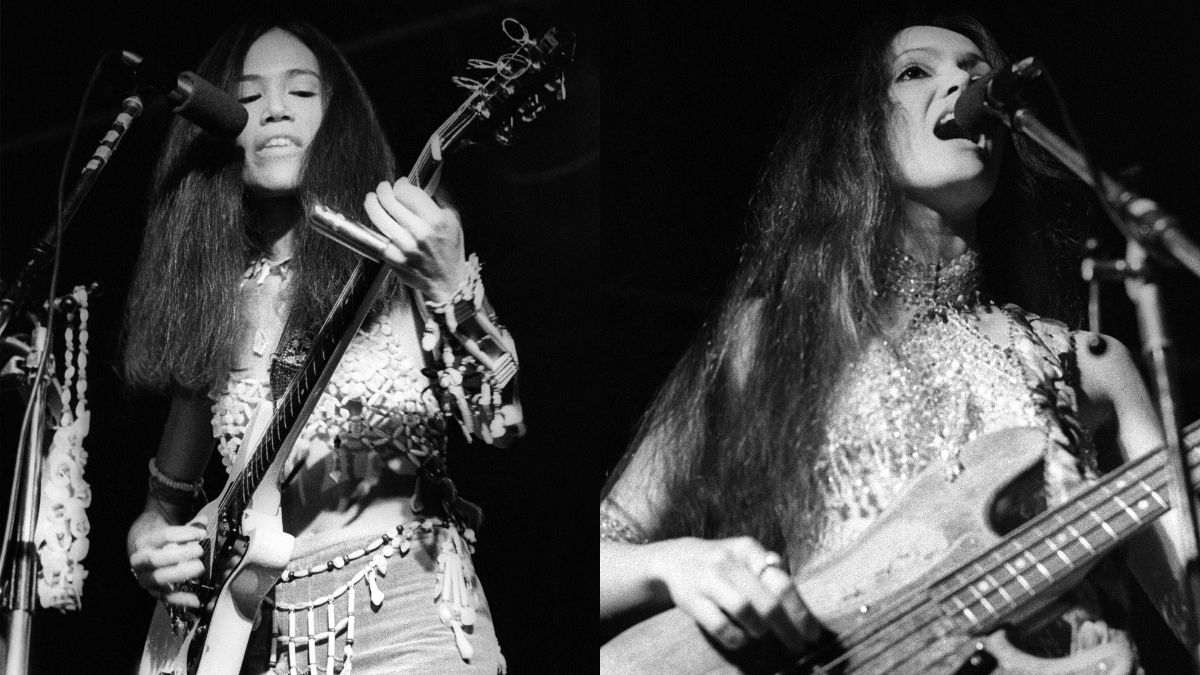Song Facts: The Beatles — "Taxman"
All the latest guitar news, interviews, lessons, reviews, deals and more, direct to your inbox!
You are now subscribed
Your newsletter sign-up was successful

George Harrison’s withering indictment of Britain’s progressive tax system was chosen to open the Beatles’ most progressive musical effort to date.
Opening with a rasping cough and a droll count-in, “Taxman” kicks off Revolver in startling fashion, demonstrating both Harrison’s growing sophistication as a songwriter and EMI engineer Geoff Emerick’s budding talent for sculpting guitar tones.
Under Harrison’s slashes of distorted rhythm guitar, Paul McCartney’s propulsive bassline bubbles up in an ascending motif that has been copied by everyone from the Jam to Beck.
Recording of “Taxman” commenced on April 20 with four takes of the rhythm track, but the work was scrapped, and 10 new takes were made on the 21st; the song’s count-in was added on May 16.
On the original recording, the song came to a full stop at the end, but on June 21 a new ending was created by splicing an alternate mix of the guitar solo (with cowbell added) onto the track and fading it out.
Ironically, while the song is easily Harrison’s strongest songwriting effort up to that time, he wasn’t up to the task of performing a solo on it. During the June 21 session, after two hours of struggling to come up with something, Harrison was urged by George Martin to let McCartney give it a go.
Strapping on his Epiphone Casino and likely plugging into a Vox 7120 — a hybrid amp with a solid-state preamp and tube power amp, as well as a built-in distortion circuit — McCartney let rip with one of the most stunningly sophisticated and ferocious solos in the Beatles’ catalog.
All the latest guitar news, interviews, lessons, reviews, deals and more, direct to your inbox!
Writes Emerick, “It was so good, in fact, that George Martin had me fly it in again during the song’s fadeout.” Portions of it appear in “Tomorrow Never Knows” as well, played backward, from one of McCartney’s tape loops.
RECORDED: April 21 and 22, May 16, 1966; Abbey Road Studio Two
Christopher Scapelliti is editor-in-chief of Guitar Player magazine, the world’s longest-running guitar magazine, founded in 1967. In his extensive career, he has authored in-depth interviews with such guitarists as Pete Townshend, Slash, Billy Corgan, Jack White, Elvis Costello and Todd Rundgren, and audio professionals including Beatles engineers Geoff Emerick and Ken Scott. He is the co-author of Guitar Aficionado: The Collections: The Most Famous, Rare, and Valuable Guitars in the World, a founding editor of Guitar Aficionado magazine, and a former editor with Guitar World, Guitar for the Practicing Musician and Maximum Guitar. Apart from guitars, he maintains a collection of more than 30 vintage analog synthesizers.

